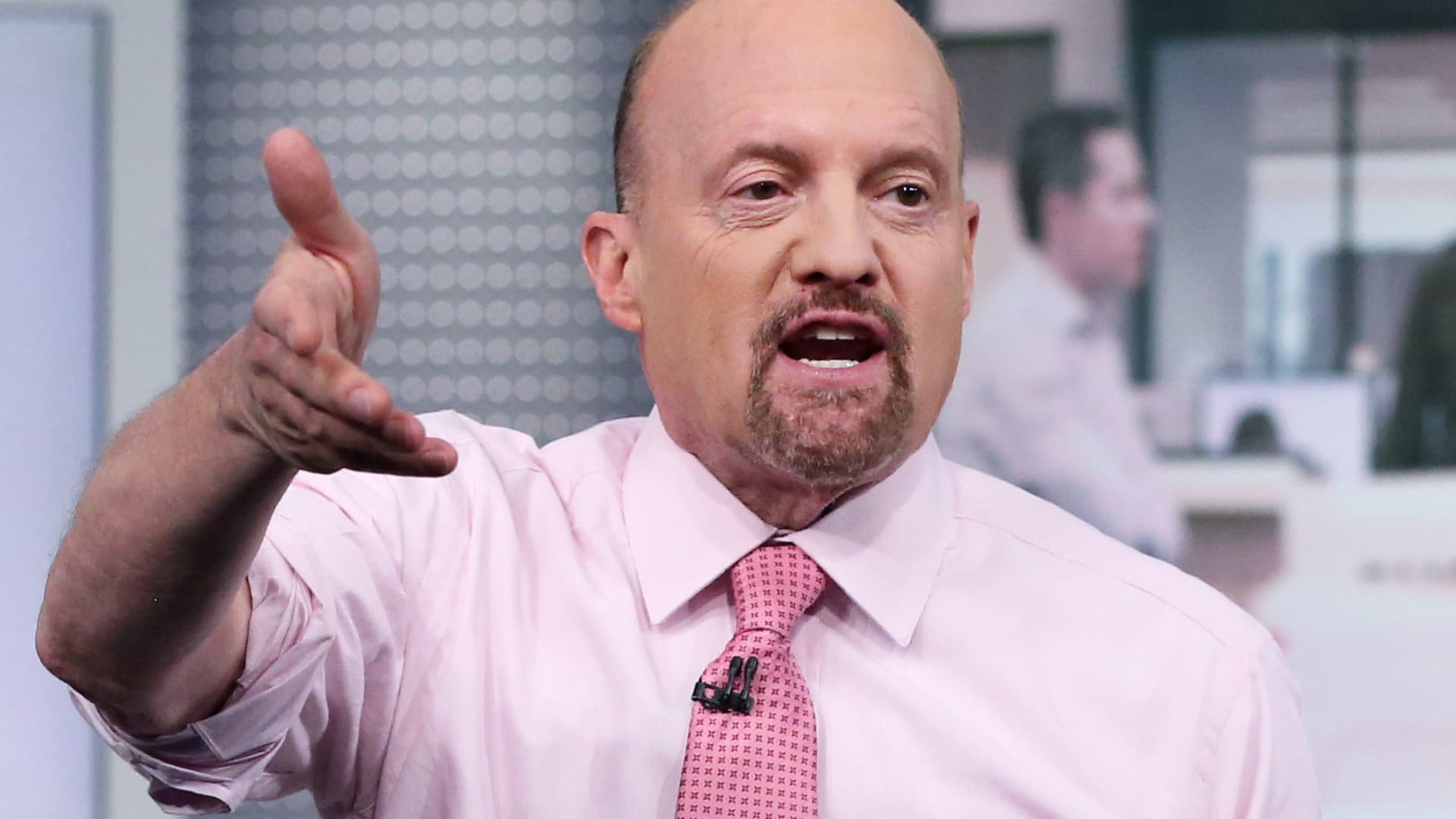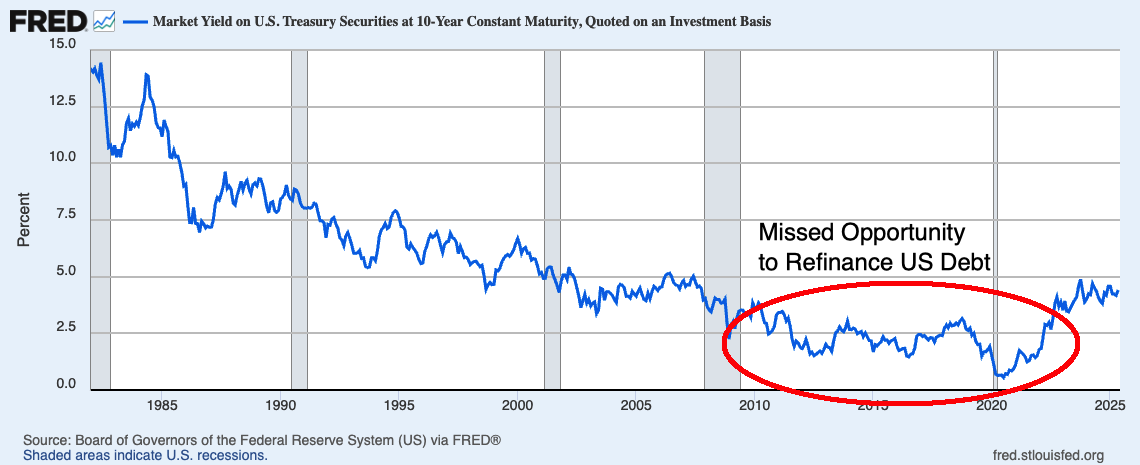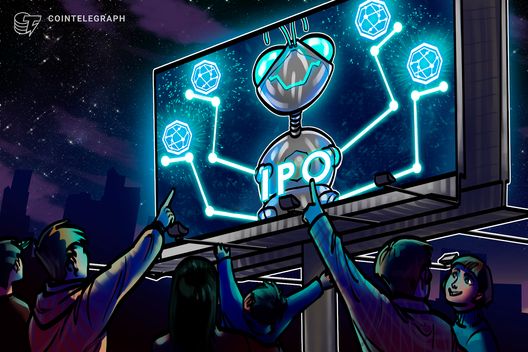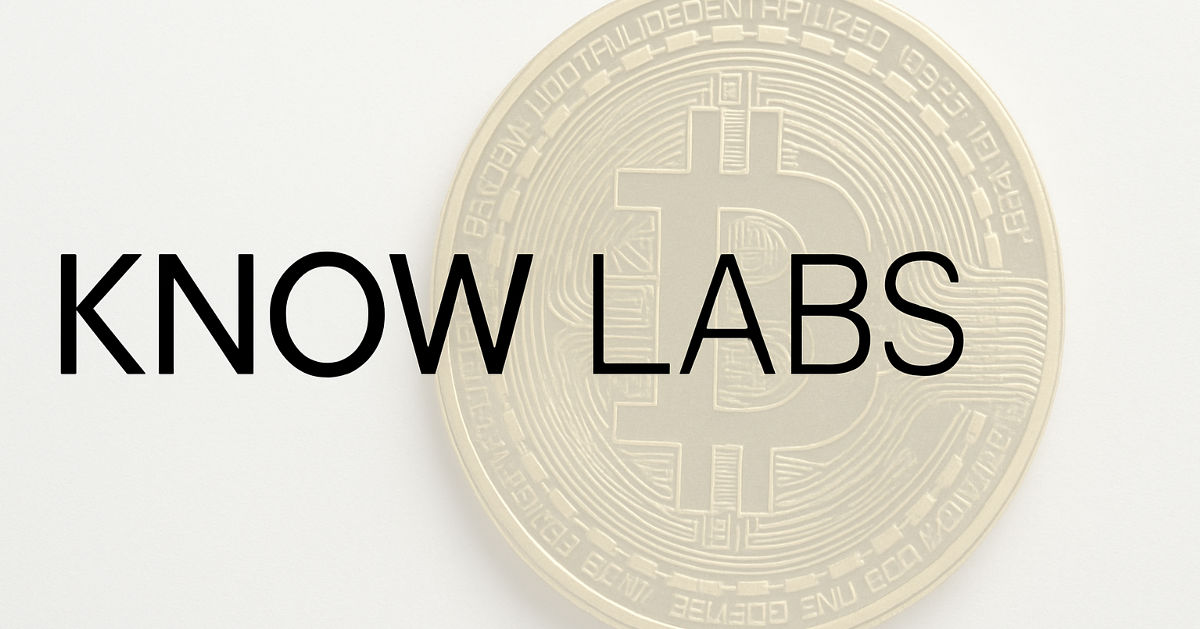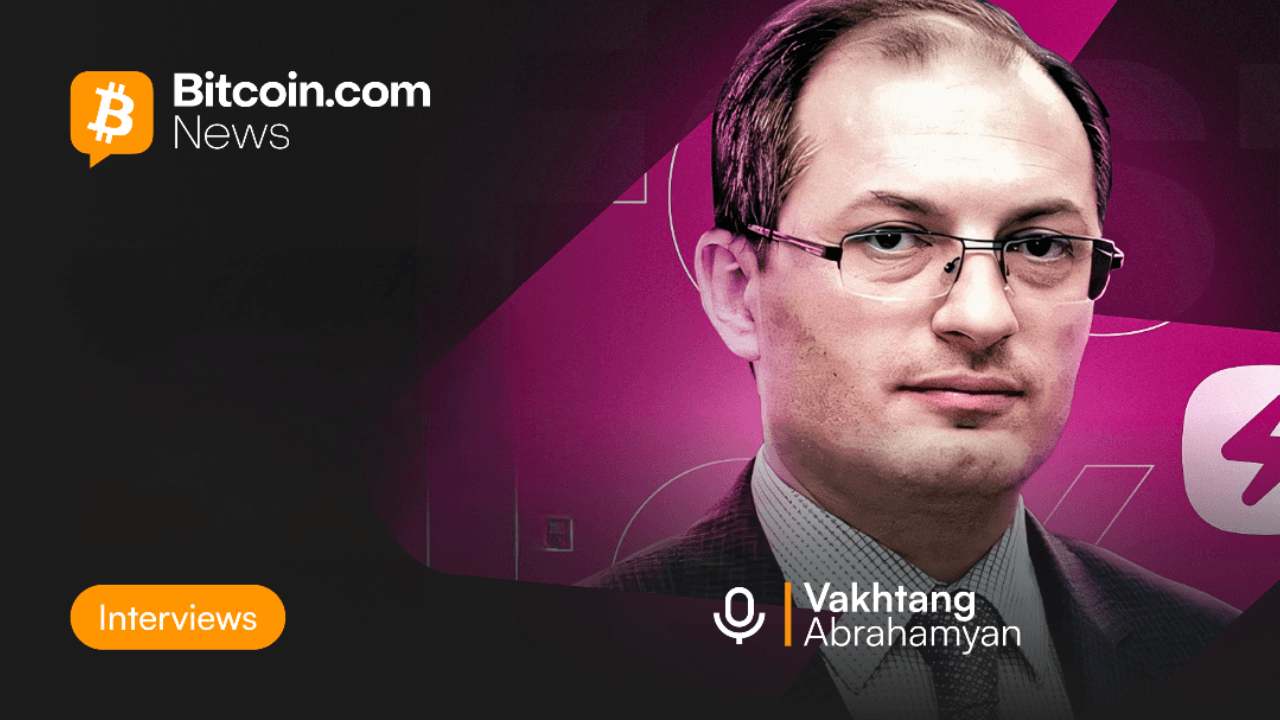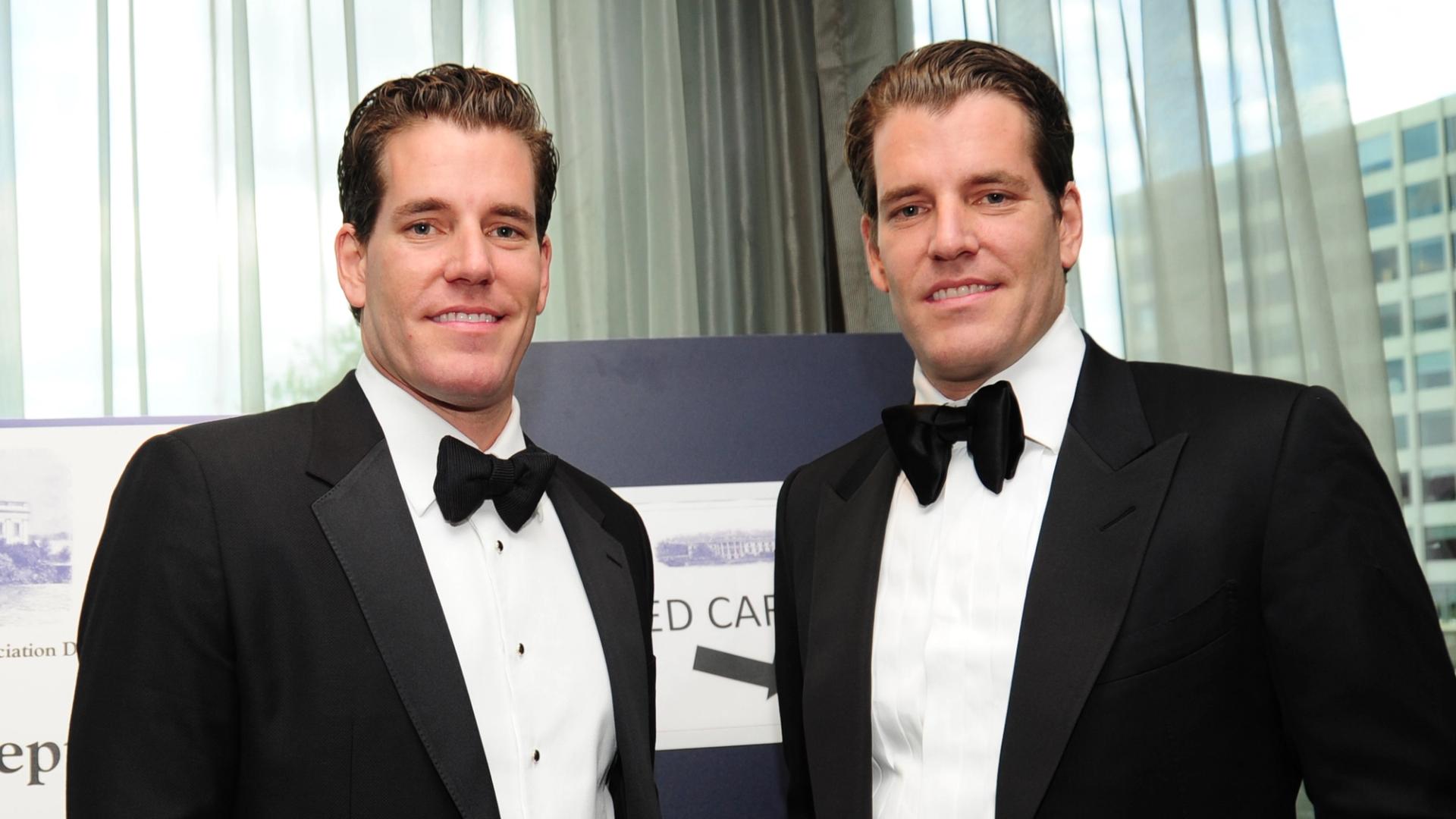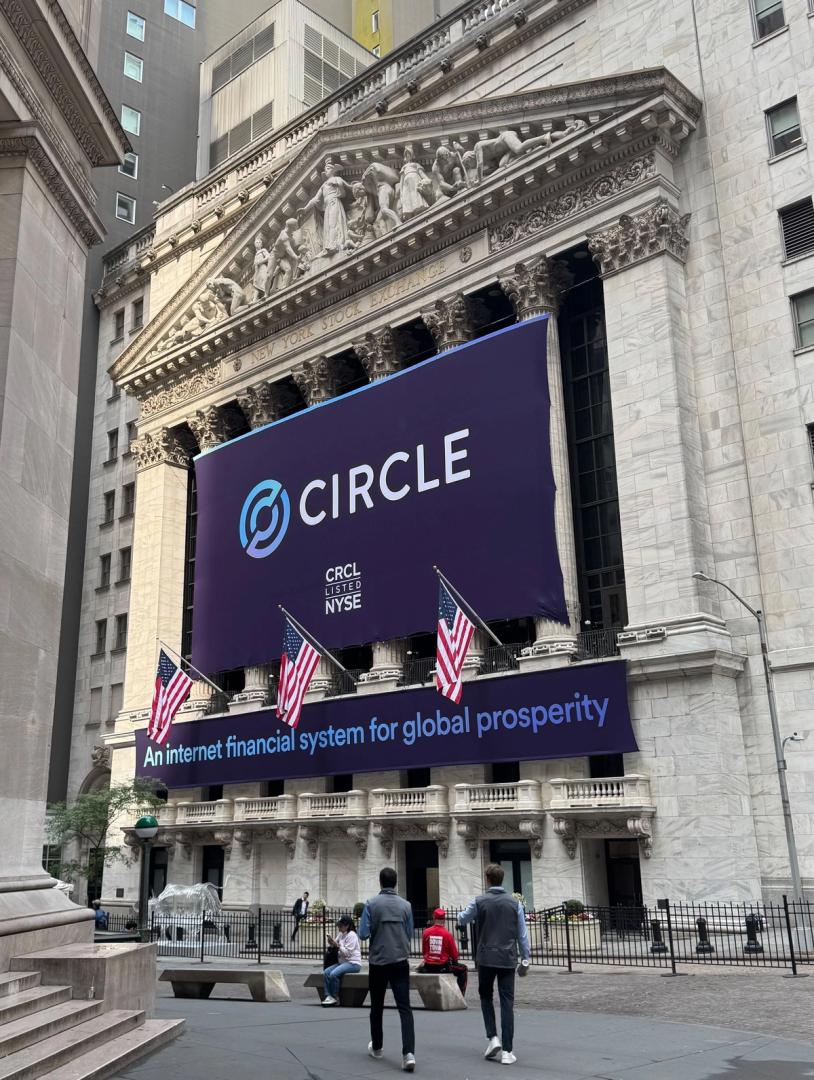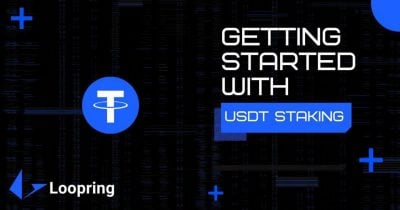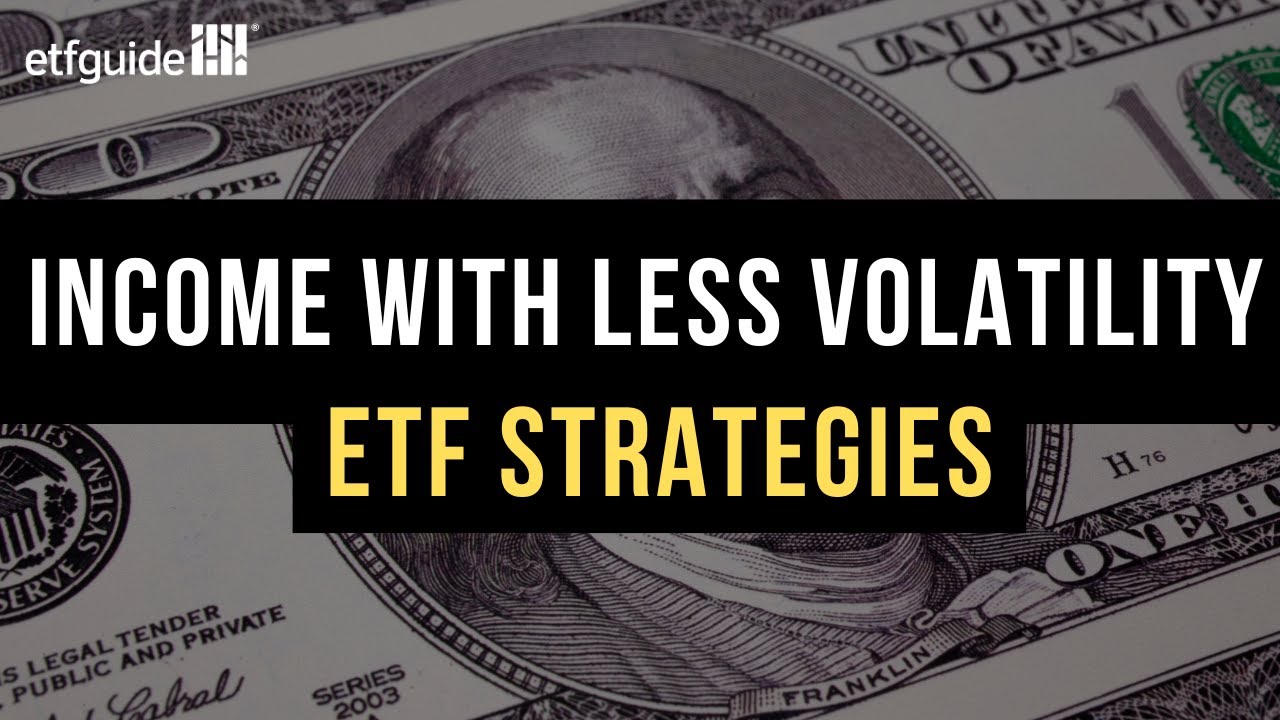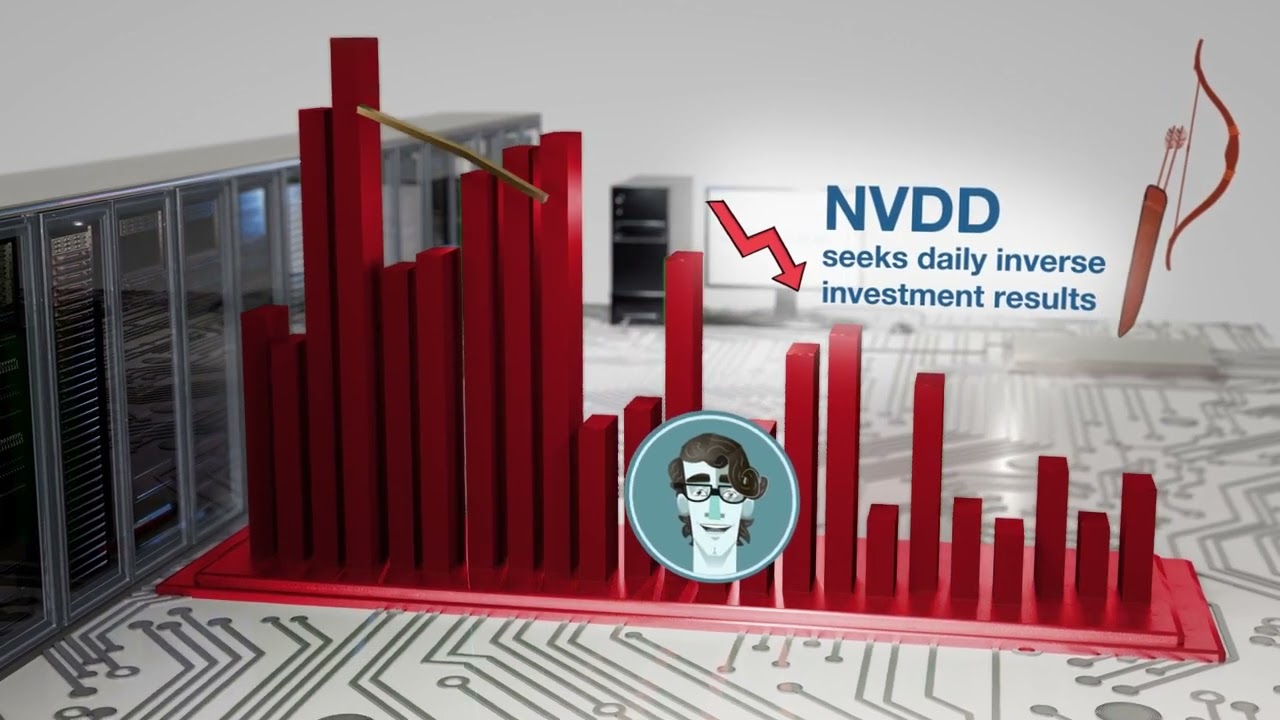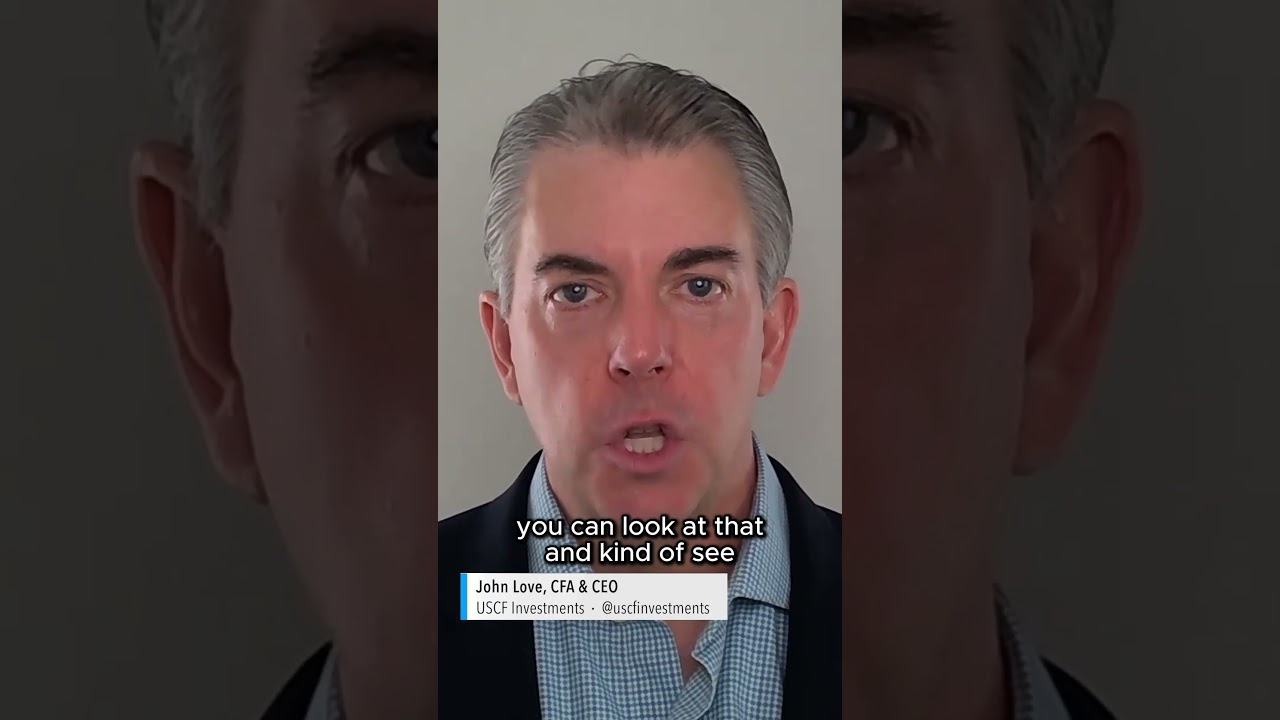JPMorgan has had enough of grads accepting future-dated roles elsewhere—and anyone caught will now be fired
Jamie Dimon said graduates accepting future roles in PE is unethical, and a matter of months later JPMorgan is cracking down on the trend.

- JPMorgan has issued a stern warning to incoming analysts, stating they will be fired if they accept another job offer within 18 months of joining, reinforcing CEO Jamie Dimon’s view that such behavior is unethical. The policy, targeting a growing trend among U.S. grads, aims to protect the bank from conflicts of interest and confidential information leaks, while also making internal career advancement more attractive.
Wall Street veteran Jamie Dimon has made his opinion clear: Grads accepting an analyst role at JPMorgan but intending to leave for private equity within a few years is “unethical.”
And a few months later, JPMorgan has told incoming graduate employees if they accept future-dated roles they will be fired.
An email sent by Filippo Gori and John Simmons, co-heads of global banking at America’s largest bank, welcomed new grads starting this summer with a stern warning: “If you accept a position with another company before joining us or within your first 18 months, you will be provided notice and your employment with the firm will end.”
The reasoning was clear, to get on at the financial giant “your full attention and participation are essential.”
Continuing its no-nonsense outline to junior talent, the memo adds that training sessions, meetings and obligations are mandatory—if they are missed then, again, the individual may be let go.
The email telling recent graduates they would be let go if they secured a further job was only sent to new employees in the U.S., Fortune understands, largely because the issue of talent accepting future roles is more of a problem stateside than in other geographies.
While the memo didn’t explicitly state where these future-dated positions may be offered, the boss of the bank with a market cap of some $730 billion has made his thoughts on such a phenomenon clear.
“I know a lot of you work at JPMorgan, you take a job at a private equity shop before you even start with us,” Dimon told a crowd of undergraduate business school students in September 2024. “I’m going to say something a little different, okay, because I didn’t talk about character. The most important thing about people’s character, I think that’s unethical. I don’t like it.”
Of course, the statement and subsequent action risk ruffling feathers with PE, which accounts for a significant chunk of JPMorgan’s business.
But Dimon maintained that the practice of junior analysts gaining a basis of experience with JPMorgan before jumping ship exposed the bank because the staffers may have confidential information or insight.
“It puts us in a bad position, and it puts us in a conflicted position,” Dimon added. “You are already working for somewhere else, and you’re dealing with highly confidential information from JPMorgan, and I just don’t like it.”
JPMorgan declined to comment further on this week’s update.
Retaining talent
Prior to this week’s update, the bank already held a robust position on talent moving elsewhere.
It told previous incoming cohorts they “had an obligation to disclose” accepted roles in the future with their managers.
The lure for graduates of not only having one role secured, but a next step after that, may be too much to turn down in the current jobs market.
Moreover, banks are bringing forward their hunt for talent to the extent that some are even recruiting before students have declared their major.
But speaking last year, Dimon countered: “You’re going to be facing ethical decisions like that. Think for yourself.
“How would you feel if you’re on the other side of that thing? Or do you want to be treated that way? Is it fair?”
But amid a war for the brightest brains in the future of finance, JPMorgan is making steps to make it more attractive for upcoming talent to stay with the bank.
For example, analysts will now have the opportunity to be promoted to associate within two and a half years of joining the training program, as opposed to the previous timeframe of three years.
How long these roles will be coveted is up for question, though, after researchers at Stanford University and Boston College designed an AI bot that could significantly boost most fund managers’ returns by de-risking their portfolios, outperforming many human stock pickers.
“I don’t think sitting around, crunching Excel spreadsheets is a job that will exist in a material sense in five years,” Ed deHaan, a professor of accounting at Stanford Graduate School of Business, told Fortune.
This story was originally featured on Fortune.com












































